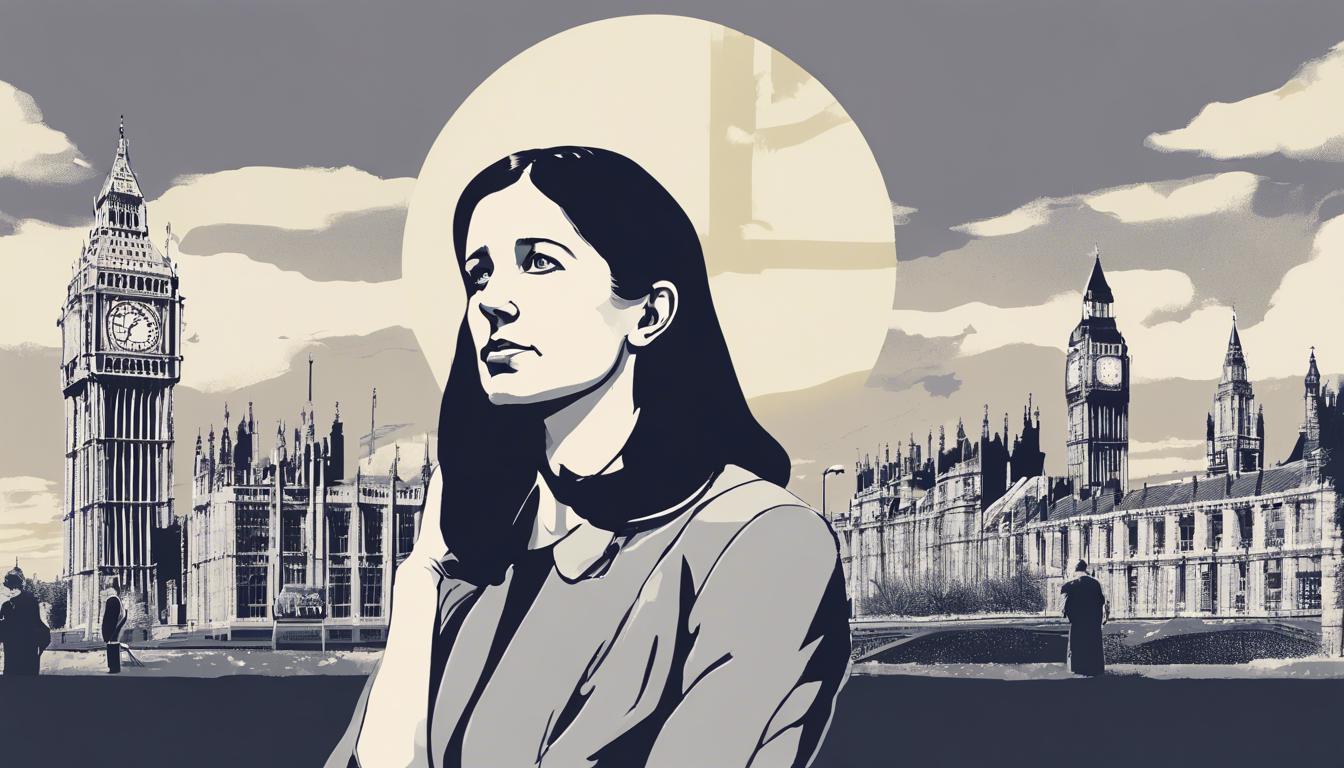From Rachel Reeves’ role as Labour’s Shadow Chancellor to Grace Blakeley’s critiques of global capitalism, explore the dynamic and contrasting visions shaping the UK’s political and economic future.
Laura Kuenssberg recently explored the life and political career of Rachel Reeves, Labour’s Shadow Chancellor, revealing a person of significant seriousness, determination, and wit. Raised in South London, Reeves has developed a reputation for her astute financial management and firm political stance, alongside a sense of humor appreciated by her colleagues. Her collaborative relationship with Labour leader Keir Starmer underscores her vital role within the party, and she is described as making credible economic contributions without fostering enmity among her peers.
Reeves expressed the significance of appointing a woman as Chancellor of the Exchequer, emphasizing gender equality and the importance of addressing the economic disparities affecting women, particularly under the Conservative government. Labour’s economic strategy, as outlined by Reeves, prioritizes inclusivity and the eradication of the gender pay gap, alongside critiquing the current government’s approach to childcare and advocating for comprehensive economic development strategies.
Meanwhile, Chancellor Jeremy Hunt’s recent Budget announcement left many within the Conservative Party disheartened, fueling speculation about a potential snap general election. Despite expectations, the announcement, featuring a £10bn cut in personal taxes, failed to rally Conservative MPs or significantly alter the party’s political fortunes, highlighting internal expectations for more impactful measures.
Post-Budget discussions have unveiled a state of confusion regarding the tax policies of both the Conservative and Labour parties. Labour faces a quandary over identifying new revenue sources after Conservatives adopted some of their fiscal policies, raising concerns over a £46 billion fiscal deficit due to plans to abolish employee national insurance. This debate plays out against a backdrop of broader concerns over public finances and fiscal sustainability in the UK.
In a different realm, millennial economist and journalist Grace Blakeley has been gaining attention for her critique of global capitalism through her upcoming book, “Vulture Capitalism,” and her active presence on TikTok. Blakeley’s work confronts the contradictions of capitalism and calls for systemic change toward a more equitable society, positioning herself as a significant voice in contemporary leftist discourse.
These narratives underscore a period of dynamic and potentially transformative political and economic discourse in the UK, reflecting differing visions for the country’s future.
